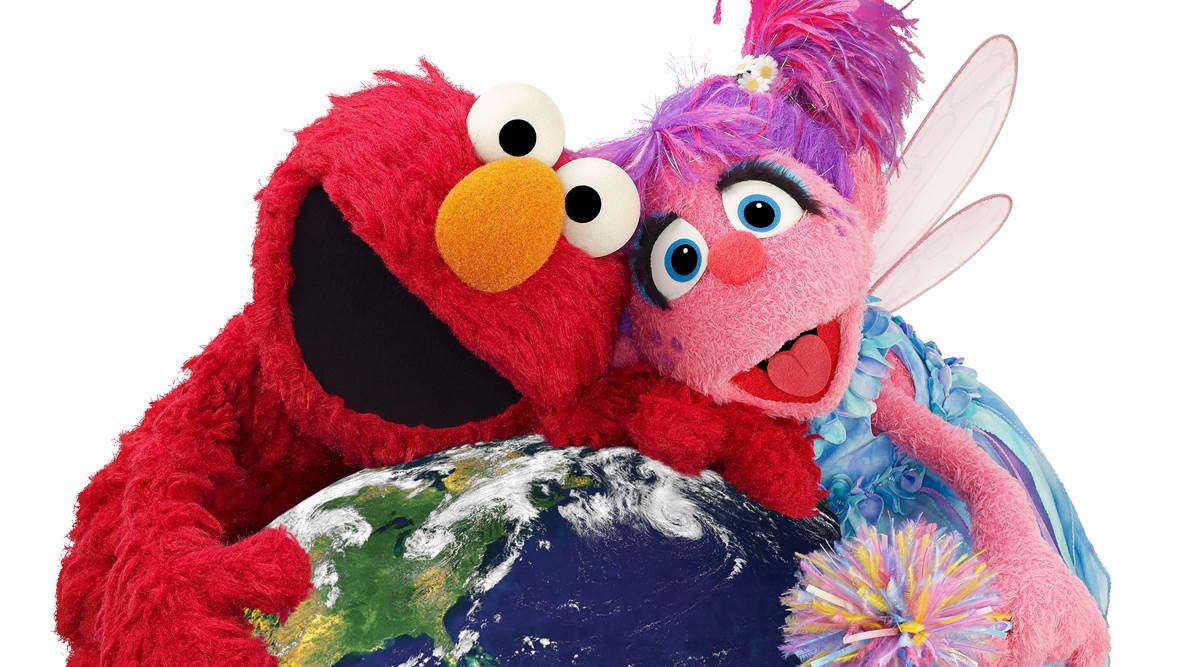Survey finds kids raising critical points on clean air, climate change and sustainable development
While the full survey will bring responses on how kids would want issues of clean air, water, garbage waste, animals and their city’s environment to be dealt with, initial data reveals kids in Delhi are most concerned about the air they breathe.

Children need to believe that their opinions matter and their voices are being heard, especially when it comes to pressing issues like environment and sustainability. Which is why Sesame Workshop India, the Indian arm of the non-profit media and educational organisation behind Sesame Street, and India Climate Collaborative, a collective of business and philanthropy working to accelerate climate action in the country, announced March 30 an initiative to bring in children’s voices on environmental issues to the forefront in Delhi.
The initiative has been designed in a way to better understand what children’s priorities are on matters of environment, climate change and sustainable development. Built around the powerful idea that children can lead the change by inspiring adults in their family and community with actionable insights, an environment action survey has been designed for kids between 6 and 10 years of age.
Through the survey, Sesame Workshop India intends to define immediate, short-term and long-term change. Using digital tools like WhatsApp, the initiative aims to collect responses from at least 10,000 children on what they think is the most crucial environmental need. It works to support them in talking about what they perceive as threats to sustainable growth and development, while also proposing solutions that are replicable. The survey can be found on their website: sesameworkshopindia.org/survey.
According to a press release, while the full survey will bring responses on how kids would want issues of clean air, water, garbage waste, animals and their city’s environment to be dealt with, initial data reveals kids in Delhi are most concerned about the air they breathe. Some actionable demands made by them have been:
1. Crop residue must not be burnt; the government should instead use it as feed for cattle.
2. Ensure that once planted on dividers of roads, plants are properly maintained by the local authorities.
3. Garbage should not be burnt; it should instead be segregated into non-biodegradable and biodegradable. The recycling of non-biodegradable waste should be optimised, and biodegradable waste should be converted into bio-gas and manure.
4. Dusty and barren lands be covered with vegetation.
5. Bicycles should be promoted as a means of transport and should become cheaper. Special road lanes should be established for cyclists, and non-cyclists using these lanes should face penalization.
5. All individuals, no matter where they reside, should have access to potable water within 500 metres of their homes.
In a statement, Sonali Khan, MD of Sesame Workshop India said: “There is growing evidence on the adverse impacts of the environment on cognitive abilities in children. Furthermore, children — in the current scenario, and those yet to be born — will be forced to bear the brunt of climate change. From food and water insecurity to aggravated asthma and weather-related displacement, kids are particularly vulnerable to the harsh repercussions of a steadily-heating planet. Through the initiative, we hope more children and parents will bring their voices…”
Source: Read Full Article


